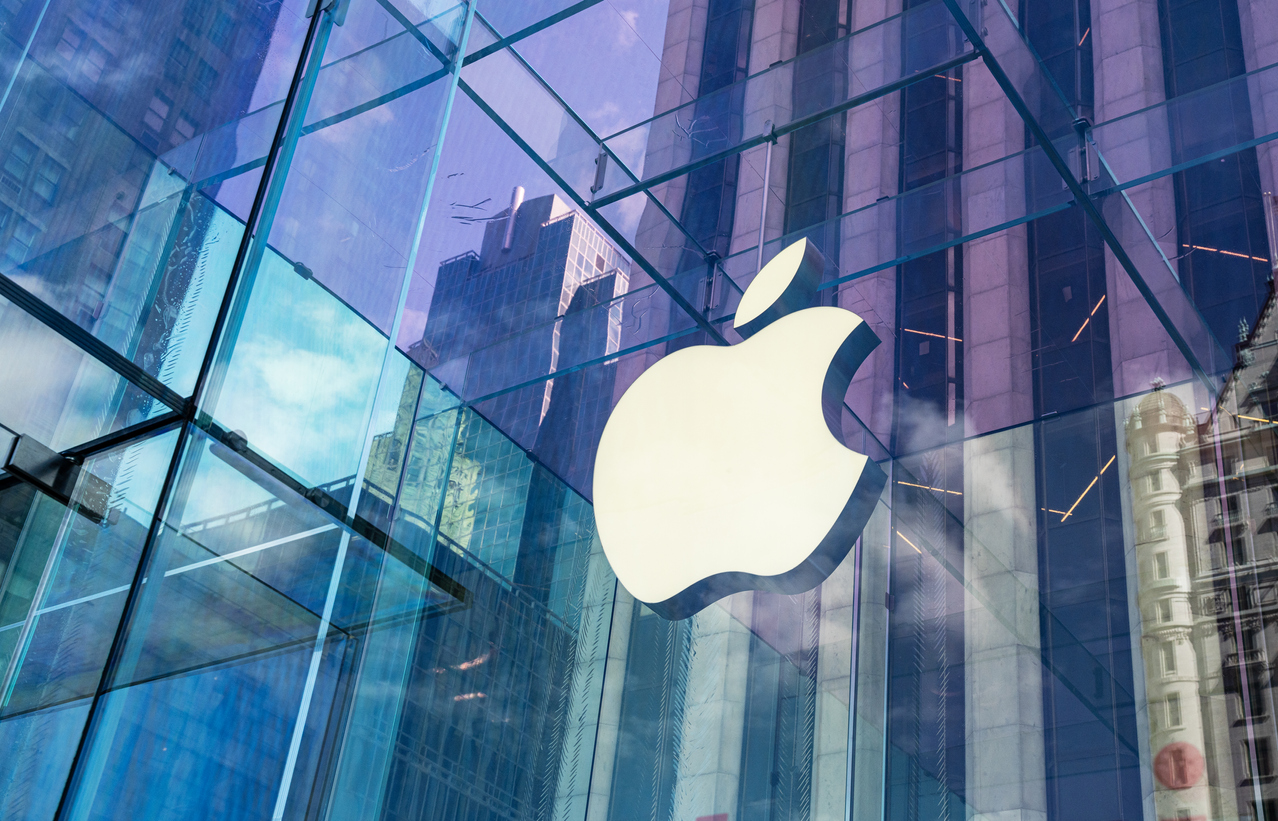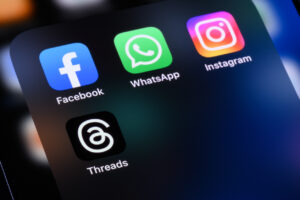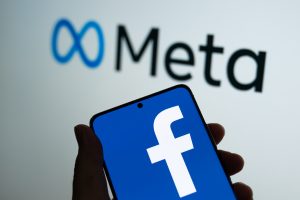The Scoop: Spotify complaint leads to $2B EU fine for Apple
Plus: Turns out AI isn’t great for tax advice; CVS and Walgreens start dispensing abortion pill.

What began five years ago as a complaint from Spotify has ended in a €1.84 billion fine from the EU over antitrust violations, The Verge reported. The complaint centered around the App Store, which would not permit app developers from pointing customers to cheaper subscription deals that could be found outside the app.
“For a decade, Apple abused its dominant position in the market for the distribution of music streaming apps through the App Store,” said Margrethe Vestager, executive vice-president in charge of competition policy for the European Commission.
Spotify responded with a fiery, triumphant statement, The Verge reported: “Apple’s rules muzzled Spotify and other music streaming services from sharing with our users directly in our app about various benefits — denying us the ability to communicate with them about how to upgrade and the price of subscriptions, promotions, discounts, or numerous other perks. Of course, Apple Music, a competitor to these apps, is not barred from the same behaviour.”
But Apple itself was defiant, claiming that the Commission failed “to uncover any credible evidence of consumer harm, and ignores the realities of a market that is thriving, competitive, and growing fast.” Apple also credited its App Store for much of Spotify’s success in Europe, where it controls 56% of the streaming music market.
Why it matters: A new wave of regulation is about to hit Big Tech — hard. Much as it has when tackling online privacy, the EU is leading the way as eyes turn to the major player’s market share and competition practices. Apple is already being forced to change many aspects of its App Store to comply with the Union’s Digital Markets Act, though it’s still being criticized for taking a 17% cut even for app developers who link out to websites or other subscription processors, The Verge reported. U.S. courts ordered similar changes, though Apple is still clinging to a 27% commission, a modest discount from its usual 30%.
This moment points to the key importance of a strong public affairs game. Apple, and other tech giants seeing major regulatory pushes, must make the case for how they have innovated and helped build the modern tech ecosystem that has allowed companies like Spotify to thrive. At the same time, those upstart companies are now going to be pointing out their need to grow on an even field. If they face antitrust rulings and legislation, they will need to be ready to adapt and brace for the changes global regulators require — which has implications not only for consumers but also for employees who can face a potentially unstable future for their tech giant employers.
It’s a fascinating moment in tech history, and savvy PR and public affairs could help push the future in one direction or the other.
Editor’s Top Picks:
- The Washington Post’s tech columnist has dubbed two tax companies’ attempts at using AI to answer pressing questions about returns “awful.” Geoffery A. Fowler says the AI-powered chatbot provided by TurboTax and H&R Block ranges from simply unhelpful to flat-out wrong in ways that could impact a filer’s tax return. Worse still, when asked about the shoddy AI tools, H&R Block called the columnist’s questions “niche” (is cryptocurrency niche in the year 2024?) and blamed his questions for lacking “specificity and clarity.” People come to tax tools like these because they trust the answers they’re getting in a high-stakes endeavor. Incorrect information, whether from a person or an AI, undermines that trust, especially at a time when more free tax tools are coming onto the market. If AI can’t be relied upon, it shouldn’t be used.
- Walgreens and CVS are weeks away from beginning to dispense the abortion pill mifepristone in a number of blue states where abortion is still illegal, NBC News reported. There is already backlash from anti-abortion groups and the conservative media over the decision, and more is certain to come as the pills are dispensed. Last year, 20 Republican attorneys general cautioned the pharmacies against sending the pills via mail to their states. For now, the pills will only be available in physical locations in select states, but this controversy is certain to spill beyond those borders. The Supreme Court will also hear a case about abortion pills soon, which is likely to complicate the situation even further. CVS and Walgreens must walk a dangerous tightrope, with any move they make certain to draw ire from one group or another. Employee training and security measures are a must during this difficult time.
- Brands are increasingly creating their own reality TV shows in a bid to grab attention with innovative content, Business Insider reported. Ally Bank’s “Side Hustlers” pits six women fighting for business investments against one another, while H&R Block’s “Responsibility Island” spoofs dating shows by putting sexy singles on an island where they must … file their taxes, among other mundane tasks. Both series air on Roku. “Twenty- to 30-year-olds aren’t so interested in the documentary-style story of how H&R Block got started,” Rick Parkhill, director and cofounder of Brand Storytelling, told Business Insider. “Audiences are attracted by uplifting docs, but comedy works really well. And comedy is the most effective audience builder when it comes to advertising.” It’s all another tool in the content marketing toolbox.
Allison Carter is editor-in-chief of PR Daily. Follow her on Twitter or LinkedIn.







